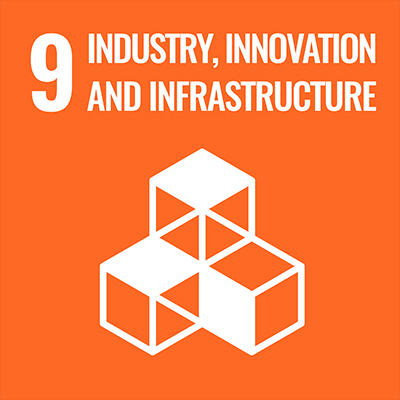SDGs in the Bioinformatics Courses
The field of Bioinformatics actively contributes to multiple Sustainable Development Goals (SDGs) established by the United Nations, particularly those pertaining to health, research and education. The multidisciplinary Bioinformatics curriculum at the Lebanese American University ensures that students not only gain a profound understanding but also acquire practical skills using the latest bioinformatics tools and technologies. This preparation equips them to effectively address global challenges in these areas.
Bioinformatics, alongside biostatistics and data mining, play pivotal roles in advancing medical research, drug discovery and personalized medicine. It facilitates the analysis of biological and medical data, enables the study of diseases and aids in the development of treatments, thereby contributing to improved health and wellbeing. Machine learning finds applications in healthcare for early diagnosis and drug discovery, while programming is integral to automating tasks and developing software for data analysis.
Furthermore, bioinformatics actively supports innovation in healthcare, biotechnology and the pharmaceutical industries. It encompasses the development of computational tools and infrastructure, providing the necessary statistical rigor to analyze and interpret biological and medical data.
Collaboration stands as a cornerstone in bioinformatics, given its frequent involvement in interdisciplinary work, bringing together biologists, computer scientists and data analysts. Bioinformatics programs and research projects actively foster partnerships to collectively address the intricate challenges posed by biological and medical complexities.
 7
7
 7
7
 6
6